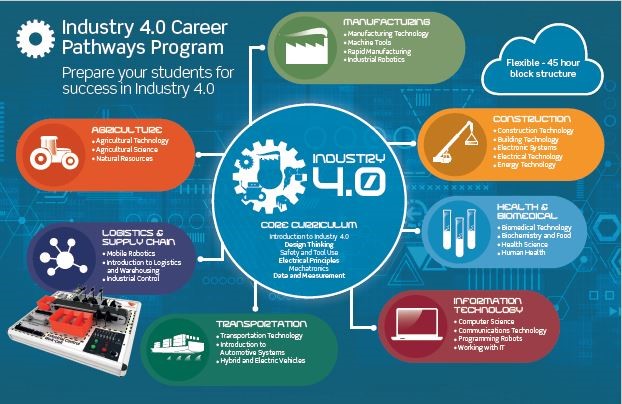
Project engineering can be a rewarding career that can provide you with many benefits. These professionals have a wide range of experience and are sought after by employers across the country. Consider the industry you would like to work in and create your application materials accordingly if you are considering this career path. After you have established yourself in an area of engineering you can start looking for opportunities in a specialization.
Attention to detail is a key skill for this job. They need to be able focus on multiple tasks at the same time. They also need to be commercially aware, as they need to meet the objectives of their clients without sacrificing quality or safety. The best project managers are able to balance many aspects of a given project, including timeframes and budget. When working on a project they must be attentive to every detail in order for them to reach all of the goals.

The project engineers are responsible for monitoring the progress of construction projects from their inception until completion. Multiple project engineers may be assigned to large projects. Each one is responsible for a particular set of tasks that are crucial to the overall success of the project. These individuals report to a primary leader of the project who is responsible in managing the whole project and making sure everyone is accountable. Project engineers work closely in business development teams. They are also skilled at negotiation.
As part of the education for project engineers, project management is a crucial component of this career. Many project engineers are technical-oriented, but they also have the creative skills necessary to succeed. They need to prioritise the work of other team members and prioritize their workloads. They must also be organized and capable of making quick decisions. A CAEM, in addition to having a solid knowledge of project management principles may give them an edge. An engineering career requires great organizational skills and excellent communication skills.
Manufacturing is another area in which a project engineering engineer might be proficient. They can design and code for certain areas of a company. They are also able to manage vendor performance. They are often responsible to prepare piping drawings or electrical drawings. They must ensure the project is completed within the agreed timeframe and budget. In addition to these duties, project engineers develop extensive project management expertise.

Mortenson's Seattle office is looking for experienced Project Engineers. The Seattle office needs motivated professionals with solid analytical skills. They should be proactive, efficient, and professional. They are responsible for providing analysis and field coordination, as well as ensuring quality. This is a great career option if you are interested in working for an expanding company. The opportunity to work with a growing, international company will ensure your success.
FAQ
What does a civil engineer do?
Civil engineering is the design and construction of structures such as roads, bridges, buildings, dams, tunnels, and other large-scale projects. It includes all aspects, such as foundations, geotechnics. hydraulics. soils. Environmental impact assessment. Safety analysis. Traffic management. Civil engineers make sure that the project achieves its goals while remaining cost-effective and sustainable. They must make sure that the structure lasts.
They can also plan and execute public works programs. They could oversee the planning and construction a road, bridge or tunnel.
Which engineering skill is most difficult?
It is difficult to design an engineering system that can withstand all failure modes, but is flexible enough to accommodate future changes.
This is why there are so many iterations and testing. This requires an understanding of the system's behavior when things go wrong. This is where it becomes important to understand that you are not just solving a single problem.
How much do engineers make an hour?
This can vary from person to person, and company to company. The average annual salary for a software engineer in the entry level category is $60,000 per annum. After you've worked for a while, your salary will rise to over $100,000.
Do I need a degree for engineering?
Engineers do not need a bachelor's degree. Many employers prefer applicants who have degrees. To get your degree, you can take some online classes if you don’t hold one.
Statistics
- 14% of Industrial engineers design systems that combine workers, machines, and more to create a product or service to eliminate wastefulness in production processes, according to BLS efficiently. (snhu.edu)
- Typically required education: Bachelor's degree in aeronautical engineering Job growth outlook through 2030: 8% Aerospace engineers specialize in designing spacecraft, aircraft, satellites, and missiles. (snhu.edu)
External Links
How To
How to Use an Engineering Ruler
An engineering ruler is a tool that engineers use to measure distances. Since ancient times, engineers measure distances. Around 3000 BC, the first measurement device was invented.
While rulers still exist in modern times, their use has been greatly modified. A metric ruler is the most popular type of ruler. These rulers are marked off in millimeters (1 mm 0.039 inches). Metric rulers are usually rectangular in shape and come in many sizes. Other rulers may include graduations, millimeters and centimeters. For example, 1 cm equals 2.54 mm.
You won't find engineers today using a traditional manual ruler. They would prefer a digital version that measures millimeters. It works much like a regular digital scale, except it has markings corresponding to various length units. You can read more about them here.